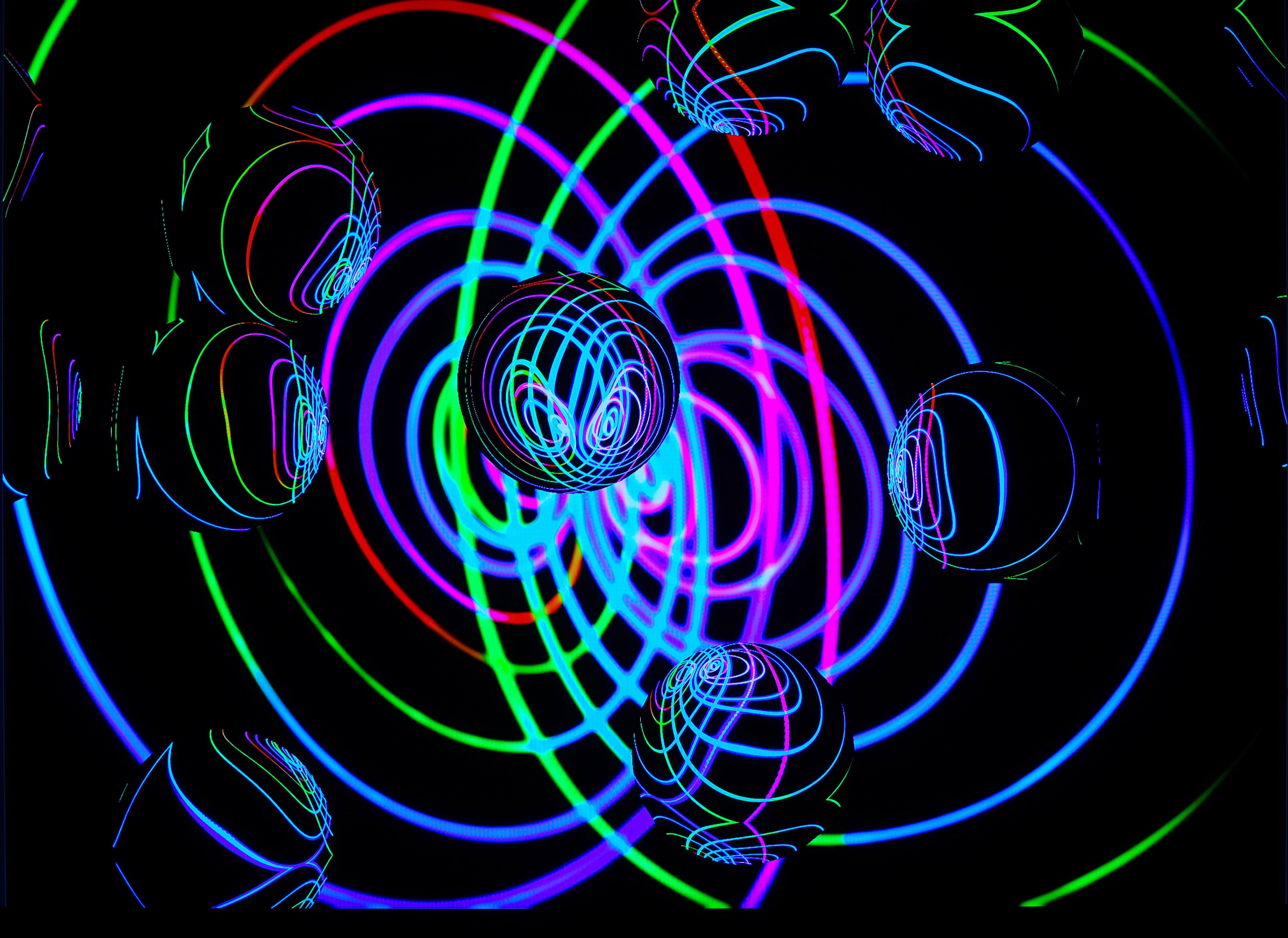Physicists stunned by magnetic atoms that ‘freeze’ when heated
The magnetic spins of neodymium atoms ‘freeze’ when they are heated, which does not usually occur in magnetic material

Physicists have discovered a new kind of behaviour in a metal that seems to be the opposite of normal physics.
The scientists discovered that magnetic spins in neodymium – a silvery metal – ‘freeze’ into a static pattern when the temperature rises, something that usually only happens when the temperature decreases.
Neodymium is a ‘self-induced spin glass’, when each atom acts like a small magnet – all pointing in different directions. The spins form patterns that whirl like a helix, and is constantly changing.
Researchers discovered that when they heated neodymium up from -268 C to – 265 C, the atoms’ spin ‘freezes’ into a solid pattern to form a magnet. When cooling down, the helix pattern returned.
“This ‘freezing’ of the pattern does not normally occur in magnetic material”, said Alexander Khajetoorians, professor of scanning probe microscopy at Radboud University.
“The magnetic behaviour in neodymium that we observed is actually the opposite of what ‘normally’ happens. It’s quite counterintuitive, like water that becomes an ice cube when it’s heated up”.
There are very few materials that exhibit the same property, but one is Rochelle salt – where charges form an orderly pattern at a higher temperature but become more random at a lower temperature.
Scientists believe the origin of this is due to degeneracy: when many different states have the same energy, the system can become “frustrated”. It is believed that harnessing the properties of this material could be used in new kinds of computational storage.
Join our commenting forum
Join thought-provoking conversations, follow other Independent readers and see their replies
Comments
Bookmark popover
Removed from bookmarks